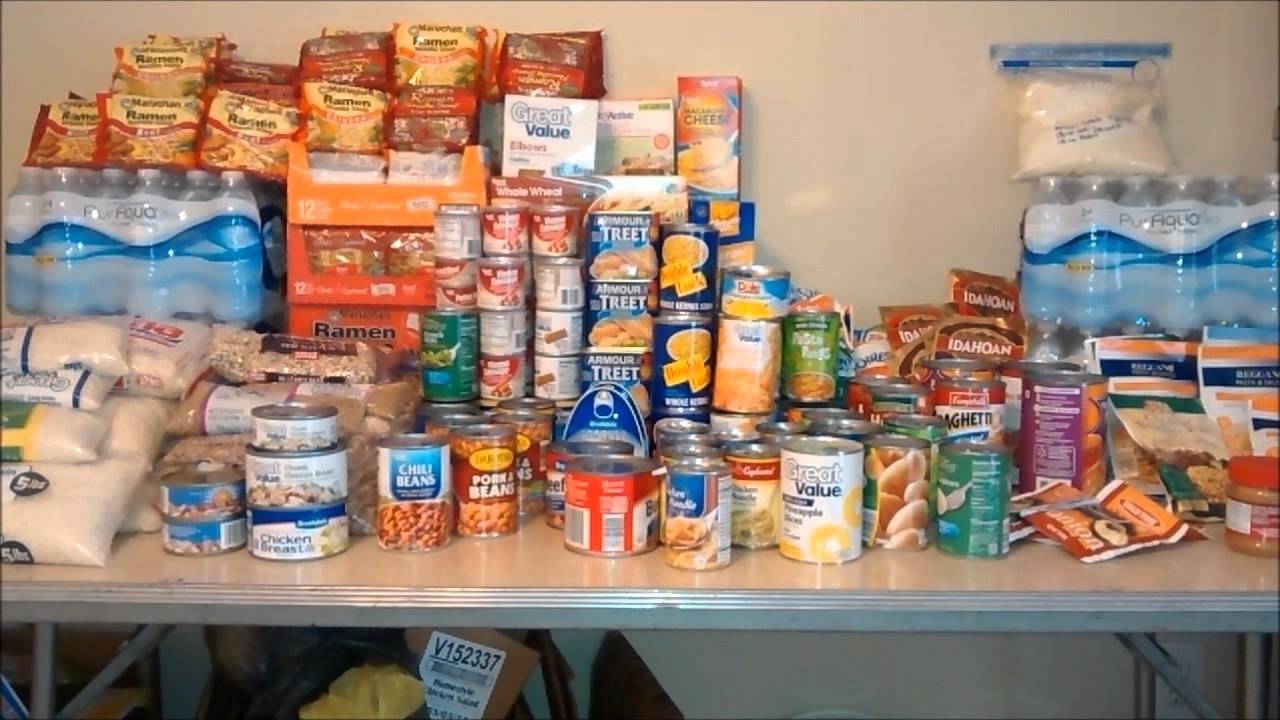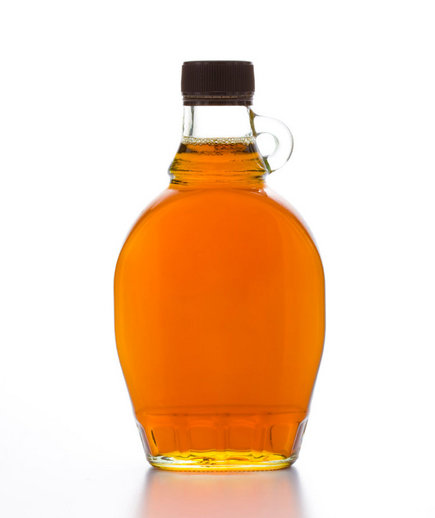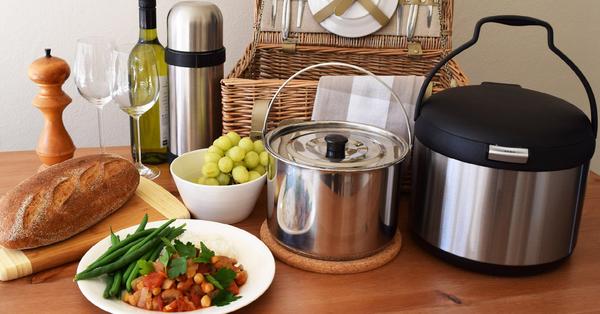Prepping on a Budget- Part 1, by The Newbie
It’s good to prep on a budget, as economic collapse is coming. I believe many people are new to emergency preparedness. It is hard enough to come up with the funds to get a good start of just having enough food for your family and yourself. That’s alot without all of the things you need for a bug out bag, cache, and all the tools to be self sufficient. We would need a homestead and a thousand other things, if we were without modern convinces and technology. We take so much for granted, including that we can just run to pick things up at the grocery store. For those of us newer to prepping, preparing is all quite overwhelming.
Certain Economic Collapse
The economic collapse isn’t like a “possible” Y2K thing. It is 100% for sure going to happen. The question is when. It is going to start when our debt clock hits 20 trillion. Forecasters have more firmly established the date as 2021. This means we are running out of time. We don’t have to just worry about the dollar being worthless. We need to realize we could very well face hyper inflation. So being prepared, even if order is kept, is critical…









